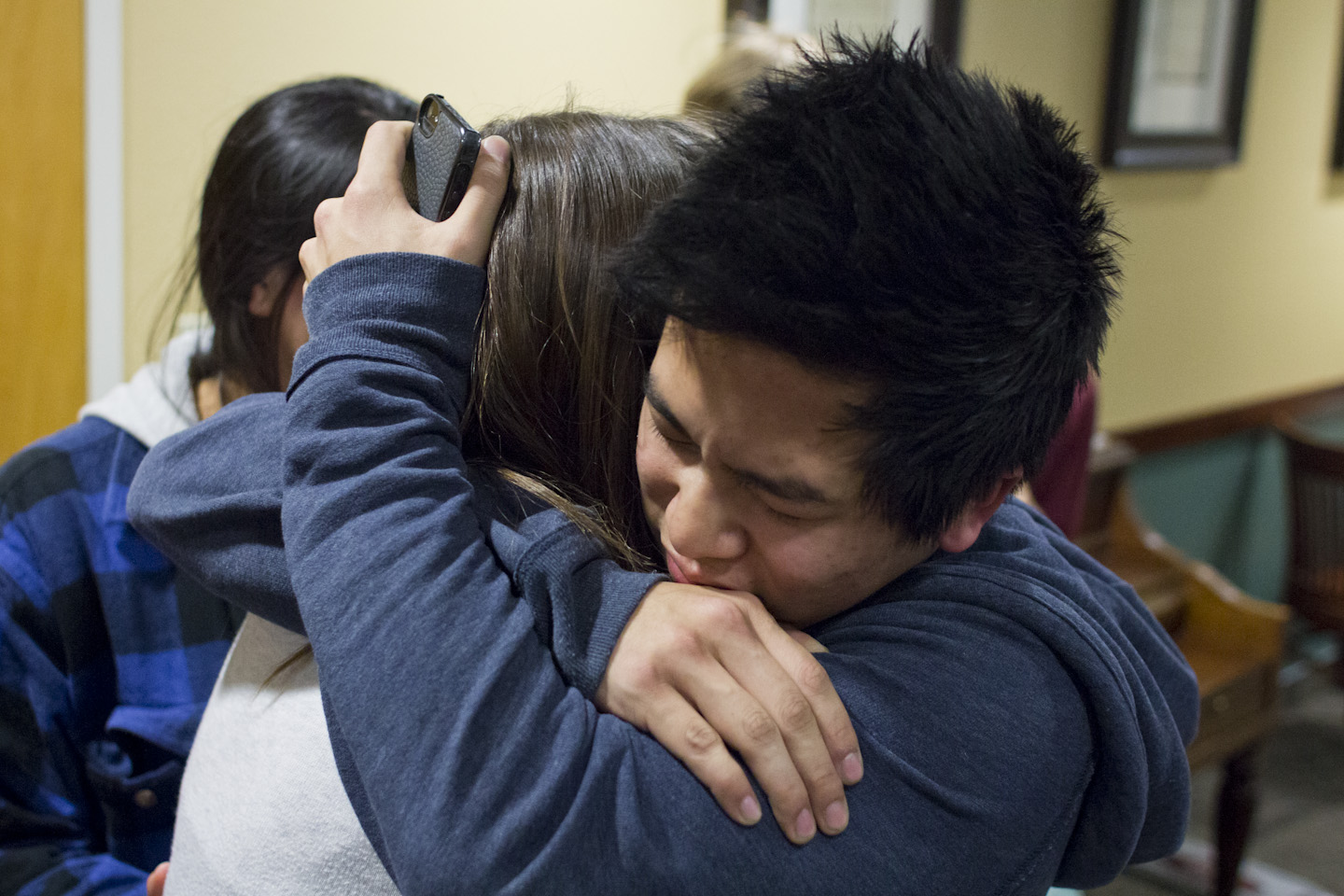Associated Students has implemented a new rule in case of a draw in their upcoming elections to avoid confusion between the two opposing presidential teams. Unlike last year, teams will be able to count on an electoral vote for a more fair election.
NEW POLICY SEEKS TO REMEDY POSSIBLE TIES
The change in policy comes in the wake of the scramble resulting from the tie in last year’s election, which forced the senate to cast an emergency vote. The new regulation was created to develop a clear winner by means of an electoral college.
The AS handbook was amended to ensure impartiality in the event of a tie by giving each constituency — or area of campus governed by one senator — a vote toward a candidate based on the majority vote for that constituency. Each majority garners one point for that candidate, and the candidate with the most points wins the election.
CREATION OF AN ELECTORAL COLLEGE
A new constitutional committee was established in the fall semester to create the electoral college, according to senior Kylie Tyndall, president of administrative services for AS.
“The committee proposed the change and got it passed in full,” Tyndall said.
She also mentioned that because of the new structure, the senate would not need to be brought in to decide a tie, unlike last year.
“One of the main goals of the change was to remove the awkward biases that the senators were faced with in choosing the winner,” she said.
The new rule would be democratic for students, but also gives senate members the opportunity to participate in running a campaign, a passion for many of the members, according to Tyndall.
“After all the confusion and the emotional roller coaster that a lot of people were on in last year's elections, we've decided to make better policies and regulations to best deal with those situations,” AS president Evan Tan said.
DORMS HAVE SAY IN ELECTORAL COLLEGE
The third point in the policy says that in case a dorm has a tied popular vote, each candidate shall receive half of an electoral vote from that particular dorm residency.
Each dorm will now influence the electoral college by their vote being represented in their particular senator’s choice.
The new regulation will bring about balance to the unsettled burden that the senate was faced with, according to Tan.
“There are 15 electoral votes for the 15 constituencies, and a simple majority of that will be enough to win the elections in case of a tie,” Tan said.
This will be the first time Biola uses an electoral college method for AS.
Tan mentioned that one of the main purposes for making the rule change was because of the fairness it would bring to students and AS staff.
“This will encourage students from every part of campus and off campus to be more engaged in the elections process this year,” Tan said.
AS elections run from Feb. 12-18. Students can vote in person or online.








